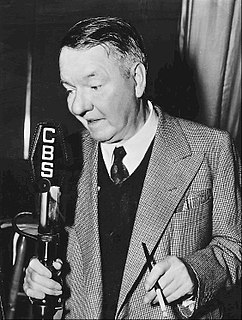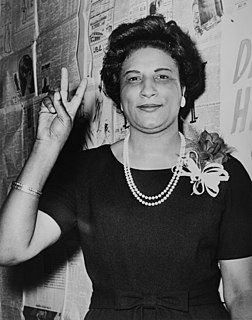A Quote by John Simon
This case is just as racist as the fictional, but unfortunately all too typical case, in 'To Kill a Mockingbird'.
Quote Topics
Related Quotes
I'm not a racist. It's really case by case; it's not ethnicity specific. It's just the way I react to things that are different. I think that's normal. Everyone's nervous when they're confronted with things that they don't understand or are different. That's a normal human reaction. It doesn't become racist 'til you say things like, 'Oh, there's a lot of them.'
The evening was very professionally organized, and most of the people were exceptionally polite, although it did make me a little nervous when one church official told me after the debate when a big crowd of people surrounded me that he had assigned me a body guard "just in case." Just in case what? I thought Christians were suppose to be exceptionally tolerant. Well, in any case, I guess I was grateful for the gesture, "just in case."
As a matter of fact, I constantly tell audiences all over the world that the single greatest icon of American culture from the publication of "To Kill A Mockingbird" was that novel so that if we say, what conversation can we have that would lead us on a road of tolerance, and teachers have decided that if you're going to teach values in a school in America, the answer that American teachers at all kinds of schools have come up with, just let Harper Lee teach "To Kill A Mockingbird." And then all the teacher has to do is stand back and guide the discussion.
I think it's a typical hidden agenda of the Liberal party... They had the courts do it for them, they put the judges in they wanted, then they failed to appeal -- failed to fight the case in court... I think the federal government deliberately lost this case in court and got the change to the law done through the back door.




































